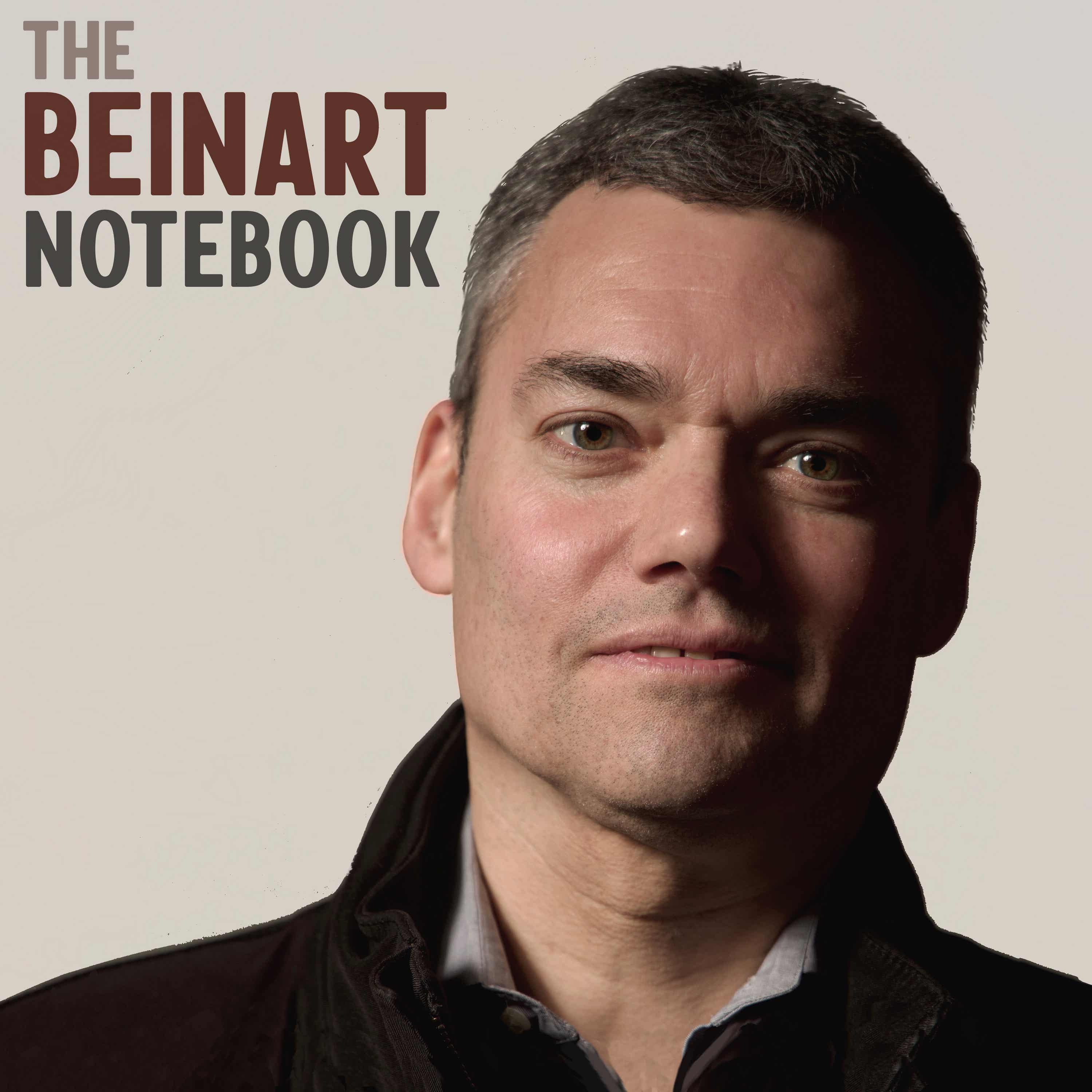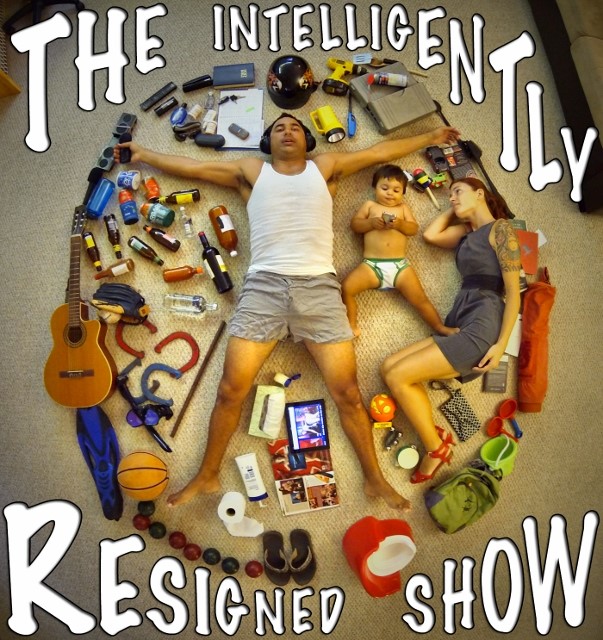 |
The Beinart NotebookA conversation about American foreign policy, Palestinian freedom and the Jewish people. Author: Peter Beinart
A conversation about American foreign policy, Palestinian freedom and the Jewish people. peterbeinart.substack.com Language: en Genres: News, News Commentary, Society & Culture Contact email: Get it Feed URL: Get it iTunes ID: Get it |
Listen Now...
There’s Nothing Offensive About Invoking the Holocaust to Defend Human Rights
Monday, 2 February, 2026
A list of ways to help Palestinians in Gaza and the West Bank.This week’s Zoom call will be at our regular time, Friday at 1 PM Eastern. Our guest will be Arielle Lekach-Rosenberg, lead rabbi of Shir Tikvah, a “justice-seeking, song-filled” congregation in South Minneapolis. With a background in organizing for migrant rights, she has bridged faith and activist communities locally and nationally to confront the Trump administration’s ongoing siege of Minneapolis, including by co-convening a recent gathering of over 650 clergy in the city. We’ll talk about the role of religious leaders in general— and the Jewish community in particular— in the struggle to defend human rights and the rule of law in Minneapolis.Cited in Today’s VideoMinnesota Governor Tim Walz’s comparison of undocumented children in Minnesota to Anne Frank.The attacks on Walz’s comparison by the head of the Anti-Defamation League, the Holocaust Museum in Washington and Donald Trump’s antisemitism envoy.Former Israeli Defense Minister Moshe “Boogie” Yaalon’s claim that “the ideology of ‘Jewish supremacy,’ which has become dominant in the Israeli government, reminds one of the Nazi racial theory.”Zach Foster on the long history of Israelis comparing other Israelis to the Nazis.Things to Read(Maybe this should be obvious, but I link to articles and videos I find provocative and significant, not necessarily ones I entirely agree with.)On the Jewish Currents (subscribe!) podcast, Arielle Angel talks to three organizers from Minnesota.On February 3, I’ll be speaking at Washington and Lee University in Lexington, Virginia.On February 9, I’ll be virtually speaking to Our Common Beliefs.On February 12, I’ll speaking at the Conference on the Jewish Left at Boston University.On Feb 24, I’ll be speaking via Zoom to the Britain Palestine Project.On March 9, I’ll be speaking to Carolina Jews for Justice in Asheville, North Carolina. On March 10, I’ll be attending a fundraiser for Gaza in Asheville.On March 8, Smol Emuni (the Religious Left) will hold a conference in New York.Being Jewish After the Destruction of Gaza is a finalist for PEN America’s John Kenneth Galbraith Award for Nonfiction.See you on Friday,PeterVIDEO TRANSCRIPT:So, on January 24th, Minnesota Governor Tim Walz, observing what ICE and Border Patrol have been doing in his city, which is just terrifying so many immigrant families that their children are unwilling to leave the house, he wrote, ‘we have got children in Minnesota hiding in their houses, afraid to go outside. Many of us grew up reading that story of Aunt Frank. Somebody’s going to write that children’s story about Minnesota.’So, after that, Walz was attacked by the Anti-Defamation League and the Holocaust Museum in Washington, and Trump’s antisemitism envoy for having kind of desecrated the history of the Nazi Holocaust by invoking Anne Frank’s name to talk about what happened in Minnesota, even though Tim Walz was not saying that children in Minnesota were being sent to death camps. He didn’t say anything like that. He simply was saying that there were children who were hiding in their homes, and that perhaps one of those children would be writing a diary that people would [read about some] day.I mean, it’s just important to make—this should be an obvious point—but not every comparison with the Nazis is to suggest that the thing being compared to the Nazis is involved in a process of mass extermination. The Nazis did many, many things in addition to the mass extermination of Jews, and Roma, and LGBT folks, and others, right?But these organizations, the ADL, the Holocaust Museum, right, basically don’t want to use the example of the Holocaust to suggest that something terrible is happening in Minnesota. They’re much less concerned about the massive human rights abuses and massive violations of the rule of law that are happening in Minnesota and across the country than in maintaining the claim that nothing can be compared to the Holocaust, or at least no other human rights abuses can be compared to the Holocaust, because they have no problem, for instance, comparing the Iranian regime with the Nazis, if that serves Israeli foreign policy.Interestingly, a few days after Walz’s comments, there was another analogy to the Holocaust, and this came from Moshe “Boogie” Yaalon. Boogie is his nickname. Boogie Yaalon is not a leftist radical. He was actually the chief of staff of the IDF. And then he was Benjamin Netanyahu’s defense minister from 2013 to 2016.And this is, I’m going to read you snippets of the translation of what Boogie Yaalon wrote. He wrote: ‘on the last Tuesday evening, I participated in an event marking International Holocaust Remembrance Day. When I got home, I received a message about Jewish pogromists attacking Palestinians in southern Mount Hebron, stealing their sheep, and burning their property.’ And then he writes, “you can’t compare.”He goes on: “After ambulances, which tried to reach the scene were delayed by the Jewish terrorists, three Palestinians were evacuated to the hospital, one of them suffering from skull fractures.” And then he says, “no one can compare to the Holocaust that’s happened to us.” You see, he’s actually mocking groups like the Anti-Defamation League and the Holocaust Museum in there, who get more upset about analogizing things to the Holocaust than they do, actually, to brutal attacks on people’s dignity.And he goes on: “To this day, no Jewish terrorist has been arrested because Israel’s police is controlled by a convicted criminal, a racist and fascist Kahanist. The Shin Bet is controlled by representatives of Jewish supremacy.” And then he goes on: “the ideology of Jewish supremacy, which has become dominant in the Israeli government, reminds one of the Nazi racial theory.” And then he goes on: “but it’s forbidden to compare.” And he goes on: “I commanded the”… he talks about all the parts of the Israeli military forces that he commanded. He said, “I knew the warnings of Prof. Yeshayahu Leibowitz against the process of moral coarsening to the point of turning us into ‘Judeo-Nazis.’” That was Leibovich’s phrase. And then he says, “as of today, Prof. Leibowitz was right, and I was wrong.”Now, I think none of these organizations, you know, the Holocaust Museum, Anti-Defamation League, Trump’s antisemitism envoy, none of them will have the guts to actually attack Boogie Yaalon for this Holocaust comparison, right? Because, in reality, if you are Israeli, you can get away with making these comparisons all the time. And, in fact, there’s a list by the writer Zach Foster just of the enormous number of times throughout Israeli history, in which Israeli leaders have compared Israeli policies, or other Israeli politicians, or tendencies to the Nazis. It happens all the time, right?But the real divide here is between people who feel that the memory of the Holocaust against Jews should be used in order to try to defend the rights of vulnerable people who were being abused and persecuted and brutalized, even if, of course, they’re not being abused and brutalized and persecuted in exactly the same way or to the same extent that Jews were when they were slaughtered, 6 million of them, and people who essentially want to segregate off the question of the Holocaust, and who are more offended by the idea of people invoking the Holocaust in order to defend the human rights and human dignity of people than they are by the attacks on the human dignity of those people themselves. And that’s where the American Jewish leadership is today.And it’s striking that they are so morally coarse, even in the wake of Israel having committed what human rights groups now call a genocide, even in the wake of Donald Trump committing human rights abuses in the United States, which are truly jaw-dropping in how frightening and profound they are, that still, the American Jewish leadership is more upset about Holocaust analogies than it is by the actual abuses themselves. Whereas Boogie Yaalon—to his credit—is just fed up with this stuff, and calling b******t on it, and I think it’s really refreshing to see. This is a public episode. If you'd like to discuss this with other subscribers or get access to bonus episodes, visit peterbeinart.substack.com/subscribe






